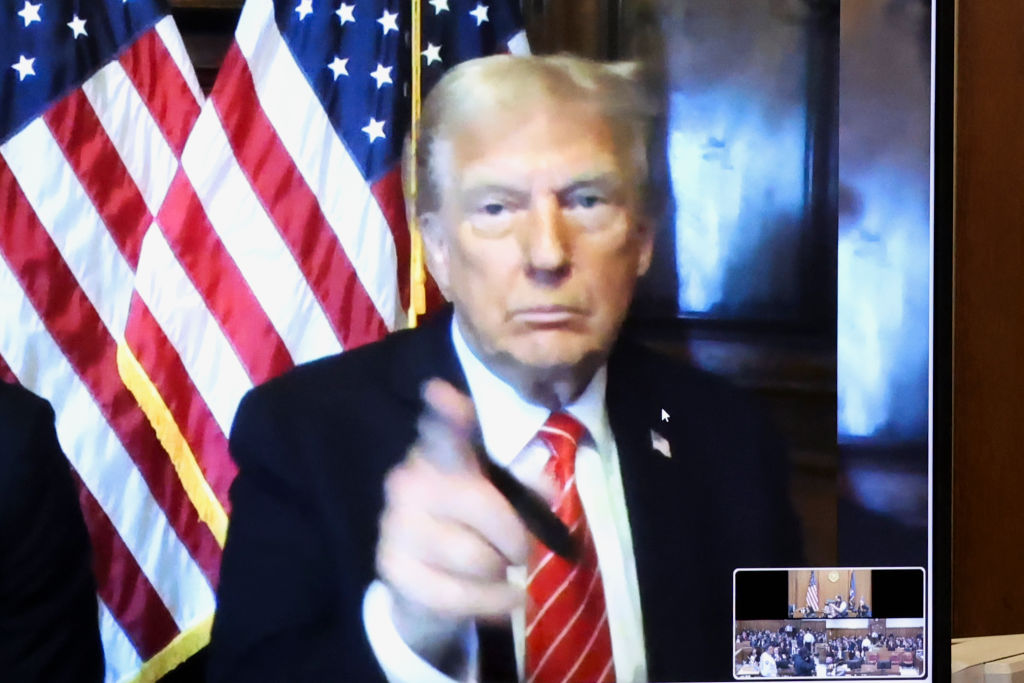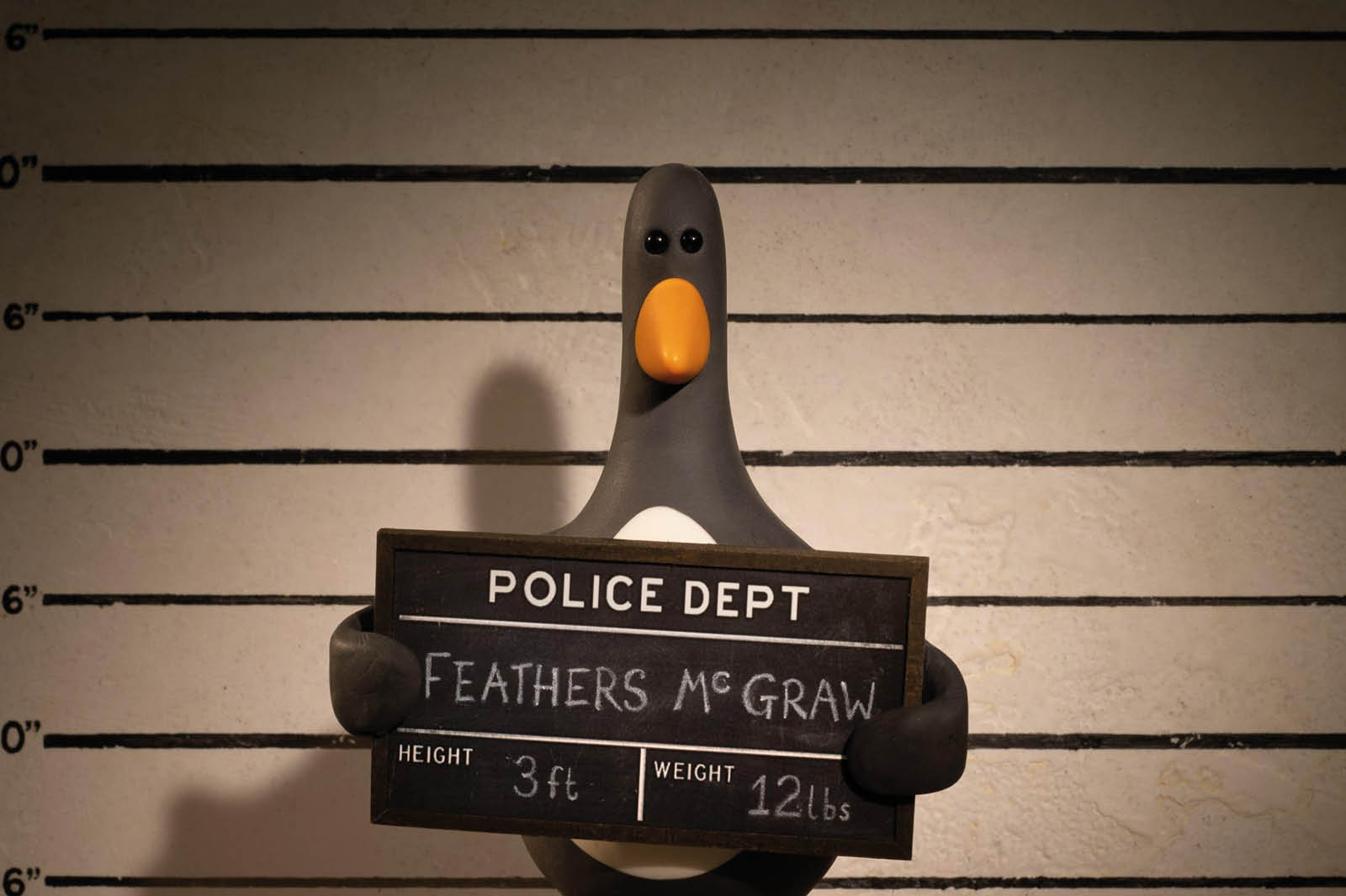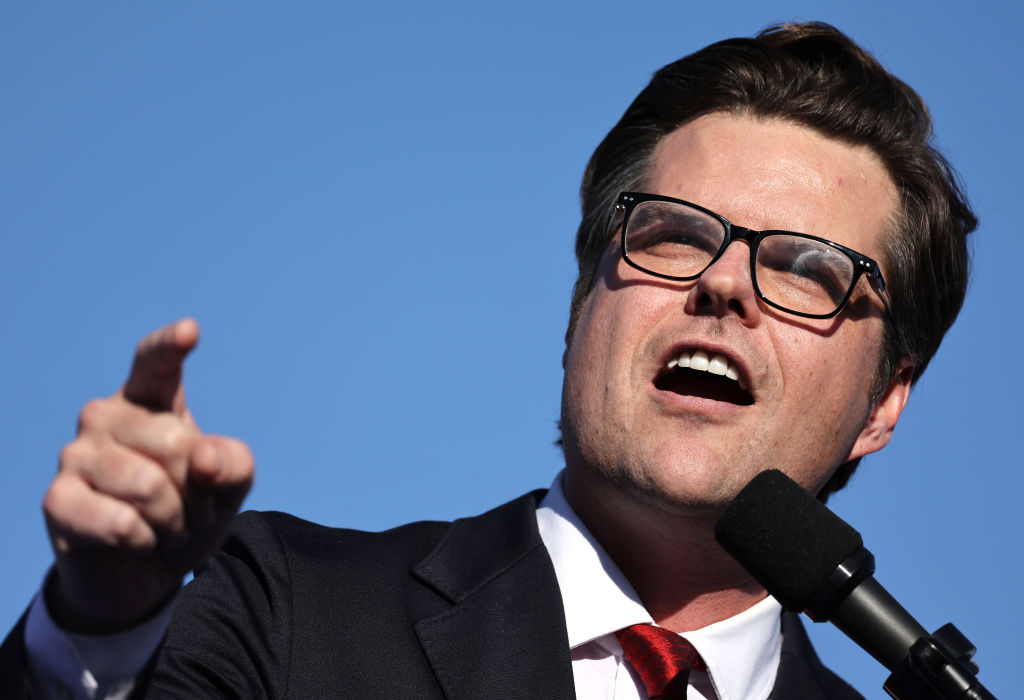For anyone of a certain age who grew up in the Eighties and Nineties, there was always a wistful feeling that persisted whenever a big-budget blockbuster came out. The likes of Arnold Schwarzenegger, Sylvester Stallone and Bruce Willis were often seen slaughtering (usually foreign) villains and dispensing manly quips. But why did they never team up to do so together? Was there not the possibility that, one day, a veritable Dirty Dozen of Hollywood hard men could be assembled to kick ass, take names and (perhaps) compare notes on agents’ fees, too?
Well, Stallone himself was not deaf to the pleas of action-loving cineastes, and so his 2010 film The Expendables was an honorable attempt to make exactly this sort of film. With Stallone and the rather younger Jason Statham as the leads — the latter with the amusingly idiotic name of Lee Christmas — and cameos from Schwarzenegger and Willis, to say nothing of martial arts superstar Jet Li in support, the movie made $275 million worldwide. Two sequels followed, with virtually every single major nostalgia star present, but by the third, the dismal reviews were matched by the lowest box office return of the trilogy; this despite an ostensibly more audience-friendly PG-13 rating, which was met with widespread ridicule and which Stallone himself publicly apologized for subsequently.
It was felt that the Expendables series might have run its course, with the last installment appearing in 2014. But, for reasons unknown, a fourth has now appeared, bizarrely dubbed Expend4bles, and is due in theaters in September. Judging by the trailer, it looks both dismally unexciting and strangely budget-conscious.
Gone are the parade of former A-list stars (the last one boasted Mel Gibson and Harrison Ford, among others). Now the cast includes the straight-to-streaming likes of Megan Fox, 50 Cent and Andy Garcia in support. Its director Scott Waugh, meanwhile, is best known for the Aaron Paul action film Need for Speed, made in that brief moment when it looked as if Breaking Bad would turn him into a mainstream star. (It did not.)
It may be that Expend4bles is a big hit, anyway, in its cheerfully lunk-headed approach to old-fashioned, reactionary values, where “liberal” is bandied around as a term of abuse and where the only good foreigner is a dead foreigner. Yet in the past nine years, a great deal has changed in the Hollywood ecosystem. The John Wick quartet, treading vaguely similar ground to the Expendables franchise in their reliance on international action stars and a cult leading man, have not only been far more successful at the box office — the most recent one has made over $430 million worldwide — but are regarded as well-made, innovative films, rich in both production values and in building their own carefully created milieu. And, if you want top-notch action, well, the new Mission: Impossible film is just around the corner, too.
It is no longer quite clear for whom Stallone, Statham et al. are making these films. (“Themselves” is the cynical and probably honest reply.) Those who flocked to the first one for nostalgic reasons have probably been glutted by now on a diet of explosions and lame quips, and it is inconceivable that audiences under thirty would have much interest in films that are, largely, aimed at their fathers. But even middle-aged men, the intended market for these undistinguished, derivative pictures, have their limits. I don’t wish to see the now-seventy-six-year-old Stallone out of work, but he has suggested that this particular Expendables will represent his swansong. All I can say is that I hope that he’s given a memorable death scene, because this desperately unnecessary film looks like it’ll kill off the careers of everyone involved in it.





















